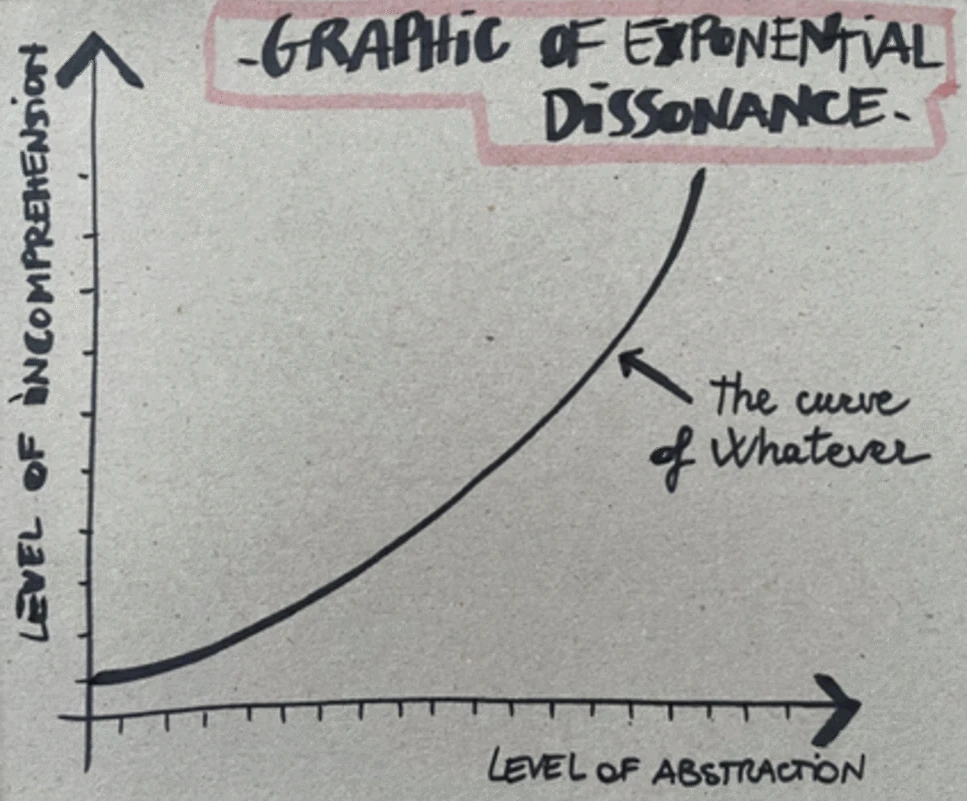News Details

How do participants in arts–science collaborations reason together to overcome disciplinary boundaries and to co-create interventions? In 2020, Konrad Lorenz Institute for Evolution and Cognition Research and the think-tank artEC/Oindustry joined forces for a transformative and regenerative collaboration on a ClimArtLab project with the goal to contribute to the healing of our planet. This project, titled Evolving Futures: Owning Our Mess, emerged from a dissatisfaction towards mainstream approaches used to foster behavioural and cultural change both in research and policy, such as nudging or scaring paradigms, and instead sought to explore positive stimuli of intrinsic motivation and transformative agency.
Dominika Glogowski initiated the project, and together with Guido Caniglia designed the framework of this project, bringing together a team of artists and scientists who got together to explore new ways of generating intrinsic motivation for pro-environmental behaviour and empowering individuals and groups to deal with the complex challenges of climate change. The project resulted in the co-creation of transformative, participatory interventions that were showcased in an online exhibition on May 11, 2021.
In this new publication, Luana Poliseli and Guido Caniglia chronicle the process of collaboration in that case study. This paper explores how interdisciplinary and transdisciplinary (ITD) reasoning emerged as specific topics from various perspectives were discussed. The authors stress the importance of including viewpoints from the humanities, which offer insights into how scientific knowledge is created, its limitations, and its connections to other forms of knowledge, and also highlight the role of aesthetic experiences which are often overlooked in favor of natural sciences-based reasoning. This paper advocates the embracing of differences rather than seeking consensus among diverse perspectives, allowing ITD reasoning to help navigate unpredictable situations effectively by capitalising on and leveraging differences. The insights into practical standards and the aesthetic aspects of collaborative work could help others in enhancing both the processes and outcomes of similar collaborations, drawing on diverse knowledge and expertise to foster creative action for change.

